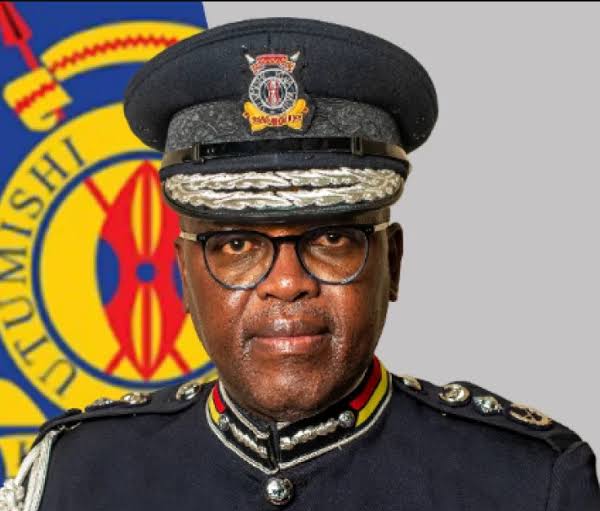The death of blogger and teacher Albert Ojwang has shaken Kenya’s police service to its core. What initially appeared to be just another tragic incident inside a police cell is now turning into a major national scandal.
This shift began on Monday, June 16, when Constable James Mukhwana, the first officer arrested in connection with Ojwang’s death, broke his silence and gave a disturbing confession to the Independent Policing Oversight Authority, commonly known as IPOA.
His statement painted a shocking picture of a well-coordinated plan that led to Ojwang’s torture and death, allegedly under orders from high-ranking officials.
Constable Mukhwana revealed that on June 7, he was summoned by his superior, Central Police Station OCS Samson Talaam.
In the office, Talaam allegedly told him that there were instructions from the Deputy Inspector General of Police, Eliud Lagat. The orders were simple someone would be brought in that evening, and officers were to deal with him.
When Mukhwana asked what would happen if things went wrong, Talaam reportedly assured him that they were just following orders and nothing would happen to them.

That evening, around 9pm, a black Subaru delivered Albert Ojwang to the station. He was handcuffed and didn’t say a word. According to Mukhwana, OCS Talaam confirmed Ojwang’s identity and gave the green light for action.
Ojwang was officially booked into the station at 9:20pm, but what followed was brutal. Four officers, who are now in custody, allegedly beat and tortured Ojwang. Mukhwana confessed that each of these officers was paid Ksh2,000 to take part in the abuse.Mukhwana said he heard Ojwang’s screams from the cell.
When he checked, he found the blogger bleeding and in a very bad state. But even after seeing how serious the injuries were, no one gave medical help.
Mukhwana said he begged the deputy OCS to take Ojwang to the hospital, but his pleas were ignored. Ojwang died just hours later.
On the morning of June 8, Mukhwana began getting calls from other officers asking if he knew that Ojwang had passed away. The OCS downplayed the incident and tried to calm everyone, but the truth was already starting to leak.

Deputy inspector General of Police Eliud Lagat.
Photo Courtesy.
On June 11, Mukhwana gave a false statement to IPOA, claiming nothing wrong had happened. However, the guilt overwhelmed him, and on June 12, he returned to IPOA and told the real story.In his second statement, Mukhwana admitted that the plan came from above.
He named OCS Talaam as the person who passed on the deadly orders from DIG Eliud Lagat. Mukhwana ended his testimony with an emotional apology to Ojwang’s family, saying the blogger was not supposed to die, only to be punished.
Shortly before Mukhwana’s confession became public, DIG Lagat said he would step aside to allow for investigations. But many people believe this move is only meant to save face and avoid arrest.
Former Chief Justice David Maraga has already called for the arrest of Lagat, Talaam, and DCI boss Mohammed Amin. Civil society groups are also putting pressure on the government to act, not just for Ojwang but for many others who have died while in police custody.
IPOA is now said to be preparing a strong case, using Mukhwana’s confession as a key piece of evidence. The big question now is whether Kenya’s justice system will act against one of the top figures in the police service.
The public is watching closely. What happened to Albert Ojwang was not an accident. It was a deliberate act, made worse by a system that for years has protected the powerful while ignoring victims. Constable Mukhwana’s confession might finally be the turning point the country needs.


